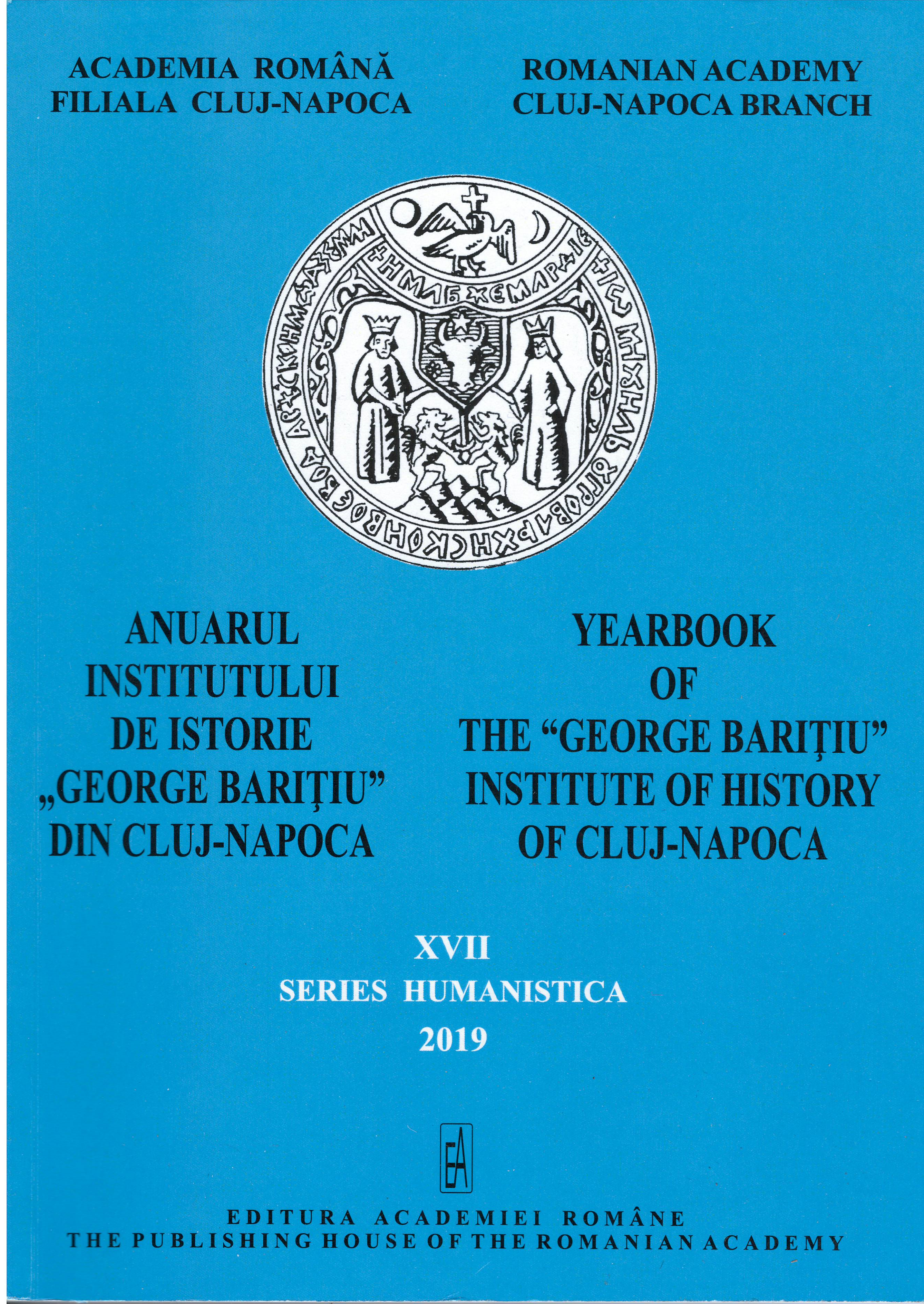Consideraţii practice asupra discernământului în dreptul civil român
Practical considerations on discernment
in Romanian civil law
Author(s): Raluca D. Szekely-CopîndeanSubject(s): Law, Constitution, Jurisprudence, Civil Law, Human Rights and Humanitarian Law, Philosophy of Law
Published by: Editura Academiei Române
Keywords: discernment; mental disability; Civil Law;
Summary/Abstract: The concept of discernment refers to a factual psychological state, to which the legislator has attached a series of legal consequences. In Civil Law, finding out whether a person has discernment is a sine qua non premise for establishing whether they have civil competence, consent or delictual responsibility. However, in practice, it is far more difficult to establish whether a person has discernment. We offer a critical analysis of the concept of discernment through the issue of mental disability, as legal cause for lack of discernment, arguing that discernment is a fluid concept (i.e., there are degrees of discernment). Mental disability represents a heterogenous category of causes affecting discernment; the more problematic situations are the ones in which mental abilities are only partially affected (i.e., temporary states, certain mental disorders). As consequence, people who have reduced discernment may escape the legal protection that is enforced in people who completely lack discernment. We discuss practical implications and potential solutions.
Journal: Anuarul Institutului de Istorie »George Baritiu« din Cluj-Napoca - Seria HUMANISTICA
- Issue Year: XVII/2019
- Issue No: XVII
- Page Range: 255-268
- Page Count: 13
- Language: Romanian

